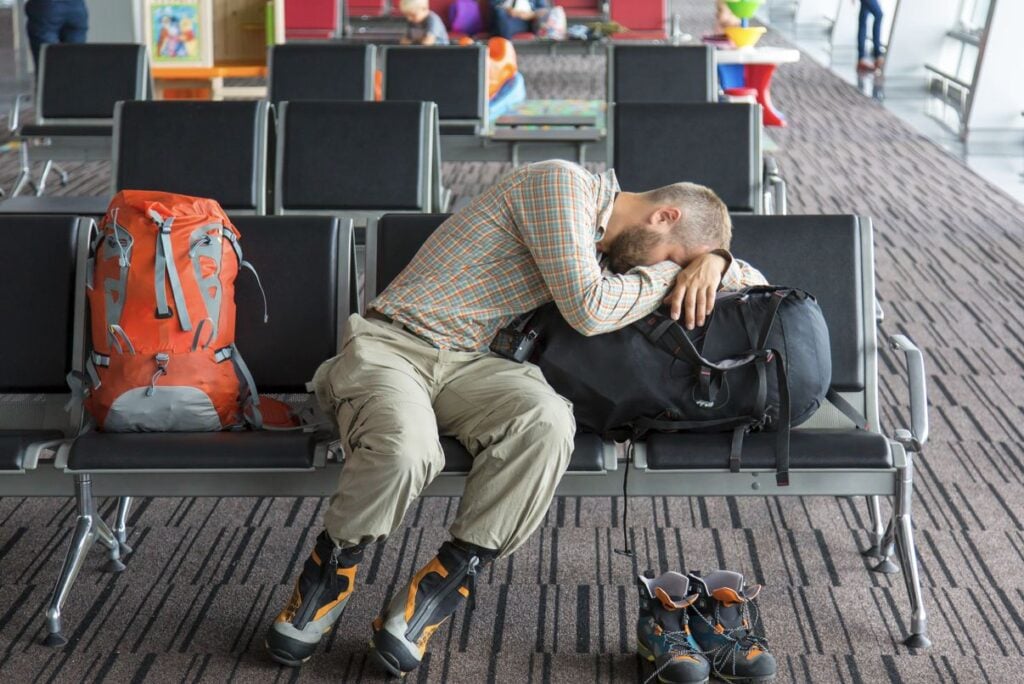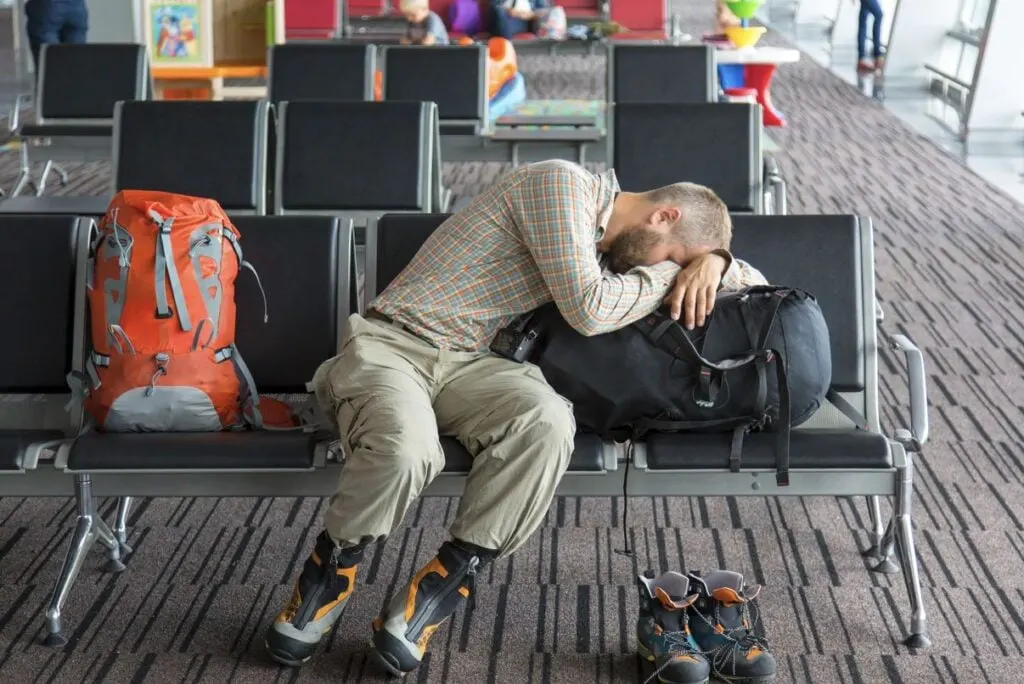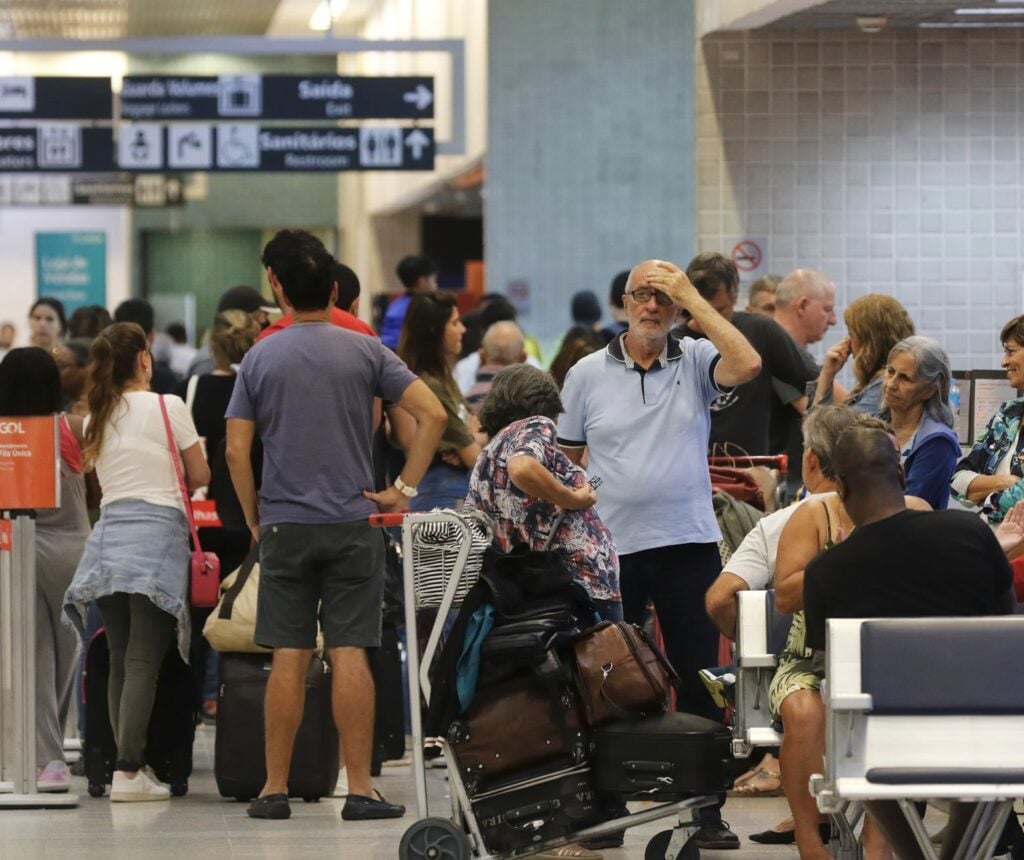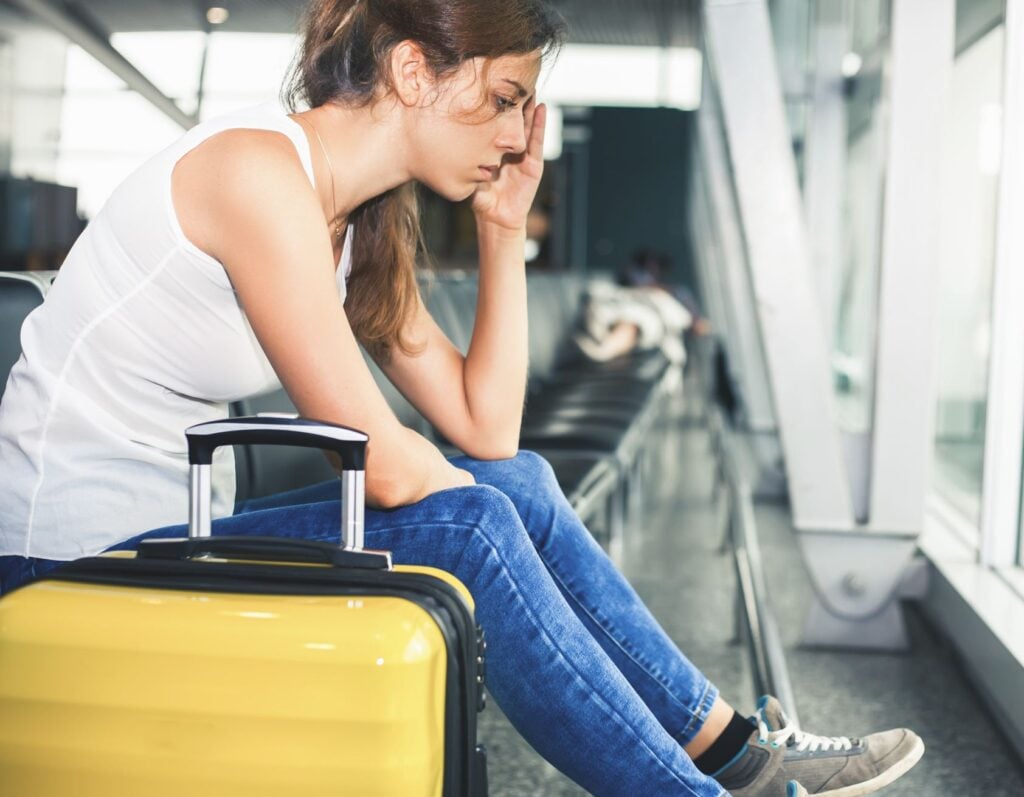A flight delay isn’t just a schedule change; it’s a slow, grinding process of stress and uncertainty. It starts with a vague announcement and ends with hours of helpless waiting in an airport terminal. Your plans are unraveling, your connection is at risk, and you have no idea what your options are.
But you’re not powerless. Our tool cuts through the confusion and tells you exactly what U.S. airlines truly owe you, all based on the latest official Department of Transportation (DOT) rules.
Now that you have your answer, the game begins—below, we reveal the insider tactics and “magic words” you need to ensure you actually get what you’re owed.
The Rules of the Game: How to Use Your Newfound Rights to Win Against Airline Chaos
So, you have your answer. That little tool just cut through the airport chaos and gave you a clear, simple verdict on what you’re owed. But let’s be honest, the result is just the beginning. Knowing you’re entitled to something and actually getting it are two very different things. To truly win, you need to understand the game, and more importantly, you need to know why the rules are written the way they are. This is the insider’s guide to turning your newfound knowledge into actual results.


The Great Misconception: Why The U.S. Isn’t Europe
First, let’s clear up the biggest myth in travel compensation. You’ve likely heard stories of friends getting paid €600 just for a few hours’ delay in Europe. That’s thanks to a powerful consumer law known as EU261, which forces airlines to pay cash compensation for the inconvenience of a long delay.
The United States operates on a completely different philosophy. There is no federal law requiring U.S. airlines to pay you cash for the inconvenience of a delay. It’s a frustrating but critical distinction. In the U.S., your primary right isn’t to be paid for your time; it’s the right to a refund of your ticket price if the airline fails to deliver the service you paid for in a timely manner. Our tool is built around this core principle—it’s not about getting a bonus payout, it’s about getting your money back when the airline doesn’t hold up its end of the bargain.


“Significant Delay”: The Two Words Airlines Now Fear
For years, what counted as a delay serious enough to warrant a refund was a gray area. Airlines could define it themselves, giving them massive wiggle room to deny claims. But everything changed in April 2024. The Department of Transportation (DOT) finally put its foot down and codified the definition of a “significant schedule change.” This is your new secret weapon.
The rule is now concrete: a delay of more than 3 hours for a domestic flight or more than 6 hours for an international flight is automatically considered significant. This isn’t up for debate anymore. It’s the law. The moment your delay crosses that threshold, you gain the power to cancel your trip and demand a full cash refund. This simple, clear-cut rule is what allows our tool to give you a definitive “yes” or “no.”


How to Actually Get Your Money: The Art of the Ask
Knowing your rights is step one; enforcing them is step two. When you’re entitled to a cash refund, don’t just accept the travel voucher they will inevitably push on you. Vouchers are better for the airline’s bottom line—it keeps your money in their ecosystem. You want cash.
When you contact the airline (or speak to a gate agent), use these “magic words”:
- “My flight has experienced a significant delay as defined by the DOT, and I am choosing to cancel my trip. Per federal regulations, I am requesting a full cash refund.”
This language shows them you know the rules. It elevates you from a frustrated passenger to an informed consumer. If they still push a voucher, be firm. “I am not interested in a voucher. I am exercising my right to a cash refund.” If they refuse, the next step is filing a formal complaint with the DOT. Airlines take these complaints very seriously.


The Difference Between a “Right” and a “Promise”
Our tool also tells you about an airline’s “commitments” for things like meals and hotels. It’s crucial to understand that this is completely separate from your legal right to a refund. These are customer service policies airlines promise to follow during controllable disruptions—things like mechanical problems, staffing shortages, or IT issues.
If your delay is caused by something outside the airline’s control, like bad weather or air traffic control mandates, these commitments do not apply. This is why you might get a meal voucher for a maintenance delay but nothing for a snowstorm. Your legal right to a refund for a long delay, however, applies regardless of the reason.


By understanding the difference between a legal right (your refund) and a customer service promise (a meal voucher), you can navigate the situation with total clarity. The next time you’re staring at a departure board as your flight time gets pushed back, remember this: you are no longer a powerless passenger subject to the whims of an airline. Travel will always be unpredictable, but armed with the right knowledge, you are always in command.
The Travel Off Path Advantage
Knowing what you can and can’t bring home is just one part of being a savvy traveler. From finding the cheapest flights to knowing the tipping etiquette in any country, our full suite of tools is designed to give you the inside edge on your next trip. Explore them all below.
The Travel Off Path Advantage: Your Travel Toolkit
Subscribe To Our Latest Posts
Enter your email address to subscribe to Travel Off Path’s latest breaking travel news, straight to your inbox.

